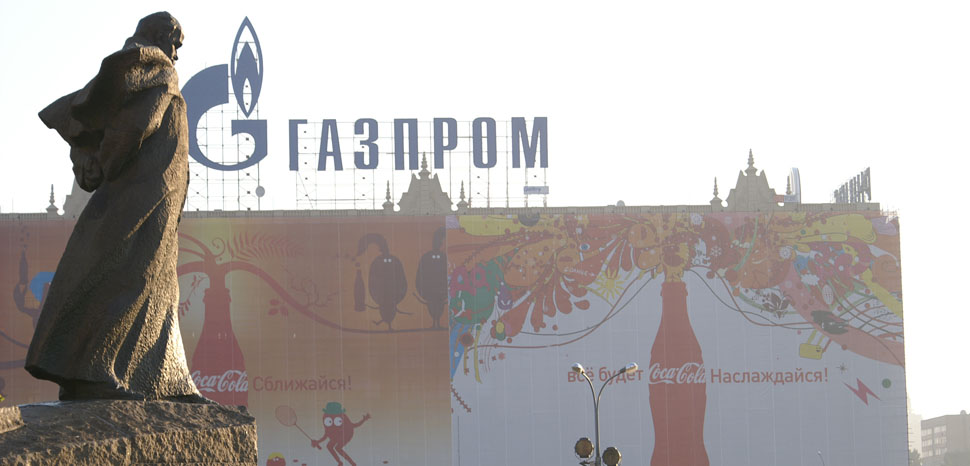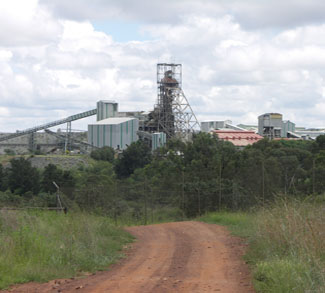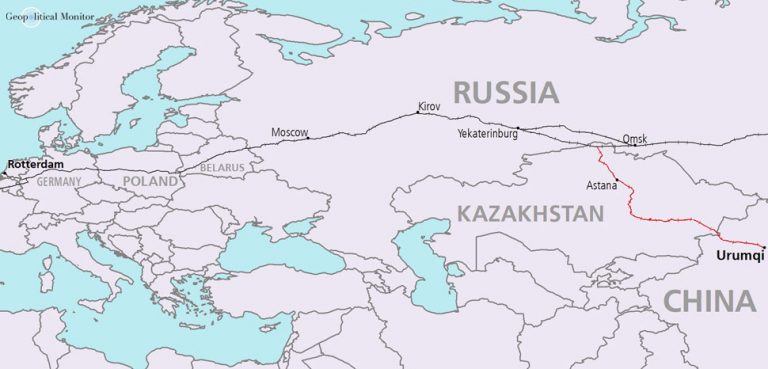German Chancellor Angela Merkel has broken with precedent by declaring that Nord Stream 2 cannot proceed without guarantees that Ukraine will keep its status as a gas transit country going forward. Merkel had previously maintained that Nord Stream 2 was strictly an economic project that wouldn’t have undue influence on geopolitical considerations such as Ukraine’s struggle with Russia-backed separatists and the EU’s attempts to diversify energy supplies away from Russia.
Nord Stream 2 is an expansion of the original Nord Stream gas pipeline that runs through the Baltic Sea to Germany, bypassing traditional land transit states such as Poland and Ukraine. Unlike the cancelled South Stream that would have traversed the Black Sea before branching toward Bulgaria and Italy, Nord Stream 2 has survived the recent EU-Russia freeze and persists as a hot-button issue in capitals around the continent.
When completed, the expansion will double the capacity of the existing pipeline, bringing the total to 55 billion cubic meters (bcm). Europe imported some 193.9 billion bcms from Russia in 2017, an increase of 8.1% from the year before. Gazprom, Russia’s state-owned gas pipeline monopoly, provided over 40% of Europe’s supply, though its prices have been depressed due to competition from other suppliers in the United States and the Middle East.
Nord Stream 2 has frequently drawn vocal opposition from the United States, most recently from former secretary of state Rex Tillerson, who declared the pipeline would undermine Europe’s overall security and stability in January of this year.
Eroding Ukraine’s role as a transit country would have obvious geopolitical benefits for Russia. It would harm Ukraine’s already precious fiscal position (the country earned $3 billion in transit fees in 2018), and it would allow for Moscow to brandish the energy weapon without any fear of diplomatic blowback from Europe. Russia sent some 93.5 billion bcm of natural gas to Europe via Ukraine in 2017.
Nord Stream 2 would also give Russia the option of cutting off the energy supplies of other EU member states such as Lithuania, Estonia, Latvia, and Poland. These countries along with the Visegrad states of Hungary, Czech, and Slovakia, have joined together as the most vocal opposition to the pipeline expansion within the European Union. EC President Donald Tusk has also been lukewarm on the project, and has recently been fighting to extend the EU’s regulatory jurisdiction over the pipeline.
The project’s major Western investors are Uniper and Wintershall, Shell, OMV, and Engie. So far a total of 4 billion euros has been sunk into the venture, and construction permits have already been granted in both Germany and Finland.
Up until now, Germany’s Angela Merkel has been one of the strongest voices in support of Nord Stream 2, consistently stressing the project’s purely economic dimension when it was clear to all involved that it would amount to a valuable geopolitical lever for Moscow. The chancellor’s change of heart comes at a strange time. In many ways it’s too late to pump the brakes: construction is about to start and cancelling at this point would incur some hefty termination fees. One interpretation is that Merkel is merely bluffing in order to secure more favorable pricing from Gazprom. Another would be that her new coalition partners are exerting pressure on Merkel’s policies. However, the Social Democrats (SPD) support the pipeline expansion, at least officially. An interesting wrinkle in all this is that former SPD leader and German chancellor Gerhard Schroder now works for Gazprom and has been lobbying hard for increased EU-Russia cooperation, even in the immediate aftermath of Russia’s annexation of Crimea. It was under Schroder’s watch that the first Nord Stream was approved, and he joined the Nord Stream consortium immediately after stepping down in 2005. It’s also possible that Merkel may be preparing to leverage the Nord Stream 2 issue in order to kick-start a new diplomatic process to resolve the Ukraine stalemate.




